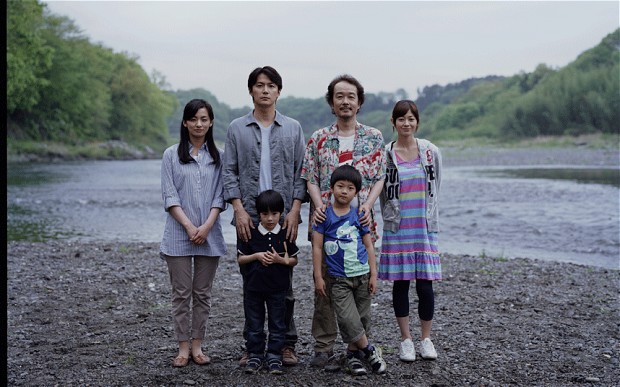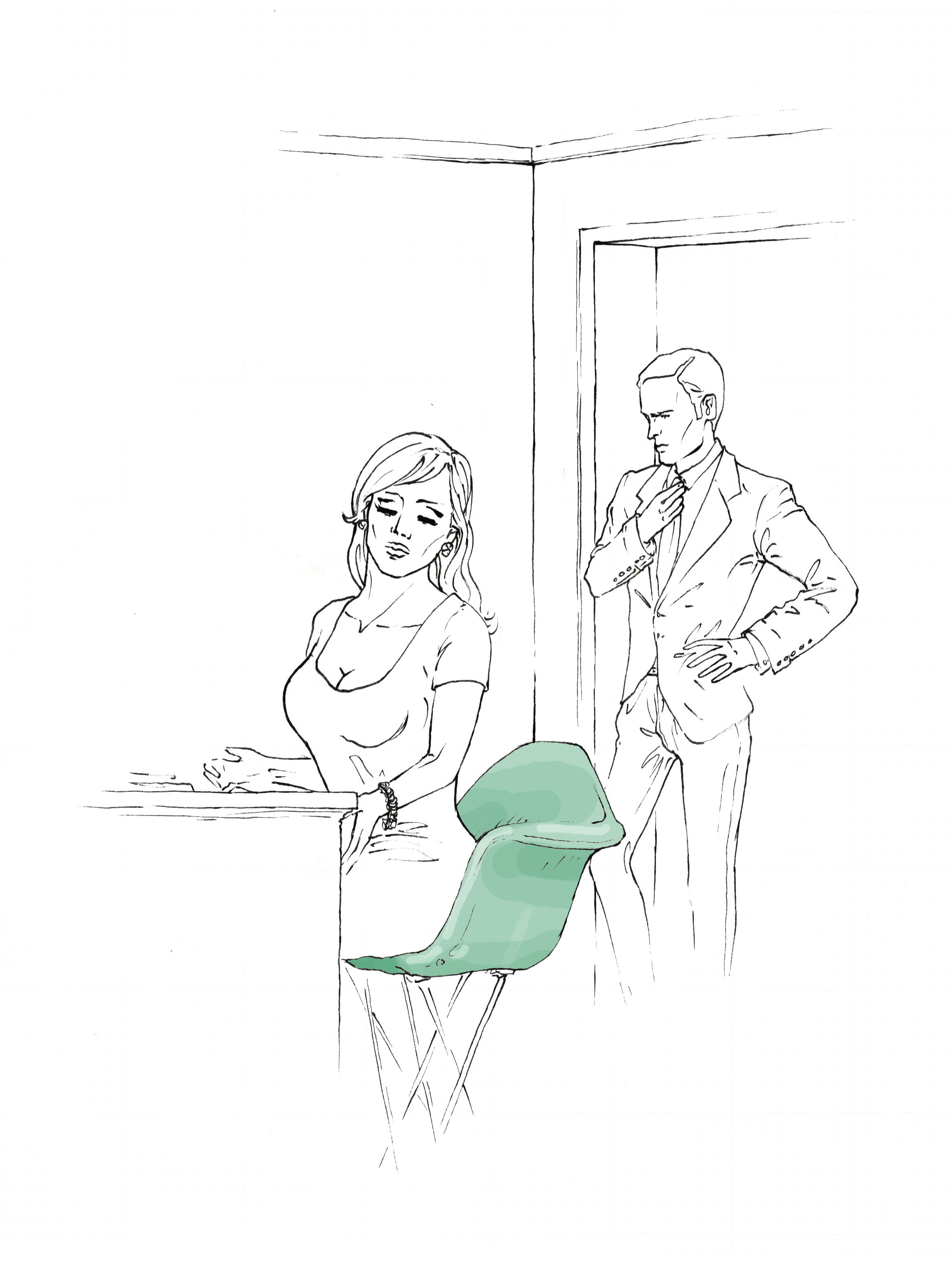Too Much Salt in Your Popcorn? No, Those Are Just Your Tears

“Like Father, Like Son” (2013) (“Soshite chichi ni naru”) is an extremely touching Japanese film by director Hirokazu Koreeda about what it truly means to be a family. Ryota Nonomiya (Masaharu Fukuyama) and his wife Midori(Machiko Ono) are confronted with the awful news that their six-year-old son, Keita, might not actually be their biological child; he may have been switched with another boy at birth. From then on, the narrative poses the question, “is it in the blood?”
This brings up the issue of “old” ideas versus “new” ideas in Japanese culture. The idea of “old” and “new” is a conversation that has been going on for a while in Japanese society, with the younger generation being fairly critical of the older generation’s unwillingness to change and the older generation criticizing the younger generation for not sticking with traditional Japanese ideas and behavior. This has even come into play in politics, as very conservative Japanese politicians will tend to criticize younger generations for becoming too “Americanized” and losing their “traditional” Japanese morals. Ryota’s father, who, sticking with “old” ideas, tells him that “for humans and horses, it’s all in the blood.” Ryota’s stepmother, a believer in the “new,” tells him that being a parent isn’t only about blood.
Other prevalent themes that addresses the “old” and the “new” are class and the work/life balance. When the Nonomiyas meet the family with whom their child was switched with all those years ago, Yudai (Lily Franky) and Yukari Sakai (Yoko Maki), there is a striking difference between the family dynamics. The Nonomiyas live in a beautiful and spacious apartment right in the middle of Tokyo (and can even see the Tokyo Sky Tree from their apartment window) and drive a very nice car. The Sakais live in a much more down-to-earth home that is attached to the tiny hardware store that they own, the store itself being in a small town a few hours away from Tokyo (Ryota at one point calls the Sakais “country bumpkins”). While Ryota believes himself to be the superior father because he earns more and can therefore provide more for his family, Yudai shows that what is most important is actually spending time and playing with one’s children.
“Like Father, Like Son” is visually very sharp and detailed, which I really think compliments the movie’s serious and realistic approach to the issues tackled. It really touched on all of the social anxieties that surround the construction of “family,” and especially the work/life balance that is a real concern in modern Japanese society. The best thing is that it does so in a way that doesn’t feel like it’s an easy way out of addressing this problem. There is no quick and simple ending, but instead a very real and difficult conclusion that makes it all the more beautiful.
Another recommended Japanese film that addresses these same themes (work/life balance and the importance of being “blood” related) is “Bunny Drop” (2011) (“Usagi Doroppu”). Although it tackles similar conversations about family, it does so in a much more idealized and less realistic form. Not to say that “Bunny Drop” doesn’t have its serious and tear-jerker moments, but it would be a good film to watch in conjunction with “Like Father, Like Son” to see how two different movies deal with the same issues.






